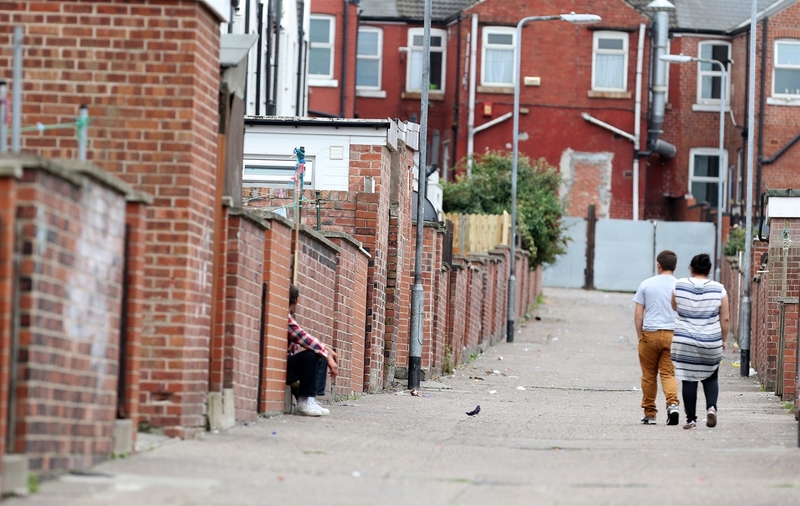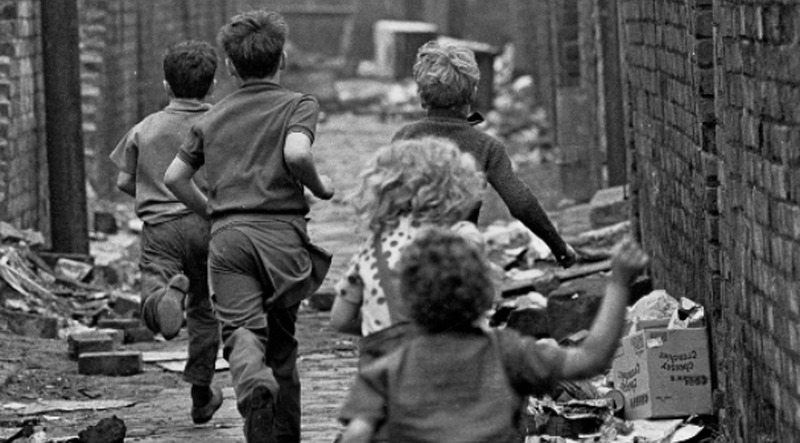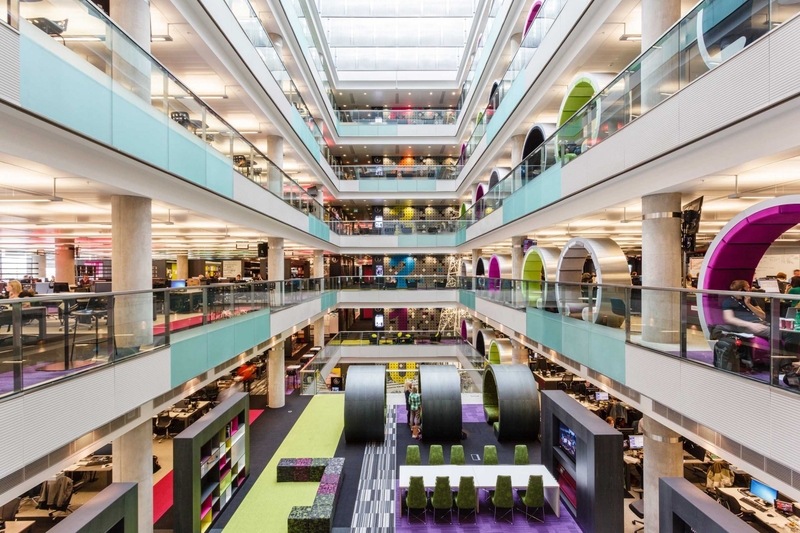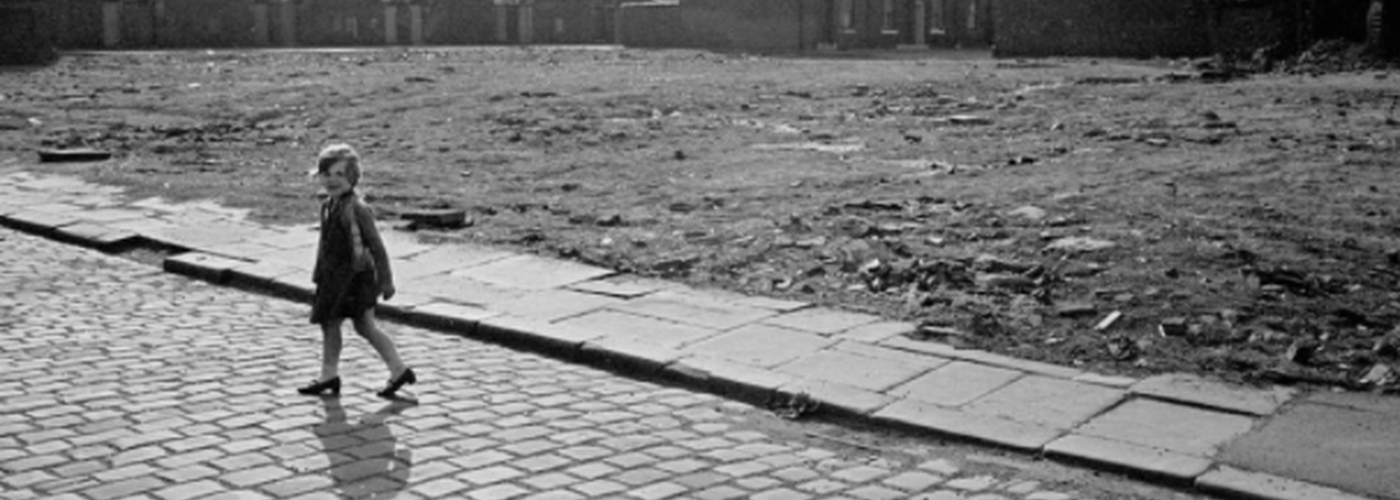Manchester is the second worst local authority in the country for child poverty and something needs to be done about it, says Sam Wheeler
'They cheat the kids, I cry for them, I cry for me, I cry for thee' - Mark E Smith, My Ex-Classmates' Kids
Manchester is the second worst local authority in the country for child poverty, just behind Tower Hamlets in London. There are three Manchester constituencies in the worst 25; Blackley & Broughton at number 13, Manchester Central at number 7, and Manchester Gorton at number 5. The best ward in the city on this metric, leafy, affluent West Didsbury, still has one in ten of its children growing up in poverty.
This jars us. Manchester, by all sorts of economic metrics, is meant to be doing superbly. As I pointed out on this site previously, the population is booming. As John Blundell has highlighted, there is a flood of investment and a surge in jobs. And yet, on one of the most essential measures, the fate of our kids, Manchester is rated worse than the so-called ‘fallen Northern mill towns’ that we are thankful to have avoided the fate of.
The “why” behind this contrast could fill volumes, but a couple of points are worth exploring.

First, that housing is critical to this, as it is to everything. Housing costs are responsible for one third of the child poverty in Manchester according to the Centre for Research in Social Policy. The aim of keeping the level of social housing at the same numerical level might well work in cities with declining or stable populations, but it won’t work in a city adding just shy of 10,000 people a year.
The hope that the building of more “high end” properties would allow a chain of house-moves that created spaces at the affordable end won’t happen if those apartments are immediately filled by bright young things, however much they contribute to the city overall. It also won’t happen if those properties end up bought and empty as investments, the “posh ghost towers” we already see in London.

The second point is jobs, and the crucial differential of who is doing them. The key statistic here comes from the government employment figures. Someone who is resident in Manchester takes home, on average, £479.10 for a full week’s work. This is £73.60 less than the national average for that metric. But the average person who works in Manchester takes home £570.80, £18.50 more than the national average of that measure.
What this means, to be blunt, is that the best jobs in Manchester are not going to Mancunians. Yet finding more specific examples of this is difficult. When I asked whether we knew, given the recent recruitment at Manchester Airport, how many of those permanent, unionised jobs went to Manchester residents, I was told that the information isn’t gathered. Local jobs and training should be built into every local authority contract, but that we don’t even know the figures for the airport the city owns is absurd.

There are many more issues, including the disastrous roll-out of universal credit for which we were the testing ground, but these two points about jobs and homes compound the growing suspicion among Mancunians that the city which is emerging isn’t meant for them. That, like the beautiful, crumbling redbricks in the city centre, someone is waiting until the dilapidation reaches just far enough that they can justify coming in and raising the place.
This idea that the centre of Manchester was being fundamentally resculpted and damn what the rest of us think has been rampant in the other parts of the conurbation for years. It is a key part behind the Salford nationalism that has emerged in recent times. And within Manchester, someone sitting on the 201 in from Gorton, forced to contemplate the Kubrickian nightmare of the Beetham Tower for the length of Hyde Road, must wonder what good it’s done them.
The leaders of our city need to tackle this question head on, and soon. Because we have 51,000 children in poverty today, and they can’t eat glass and steel.
Sam Wheeler:
Sam Wheeler is a Manchester native, a Labour Party and trade union activist of over a decade, and has been selected as a Labour candidate for the new Piccadilly Ward at May’s local elections.
Other articles:














